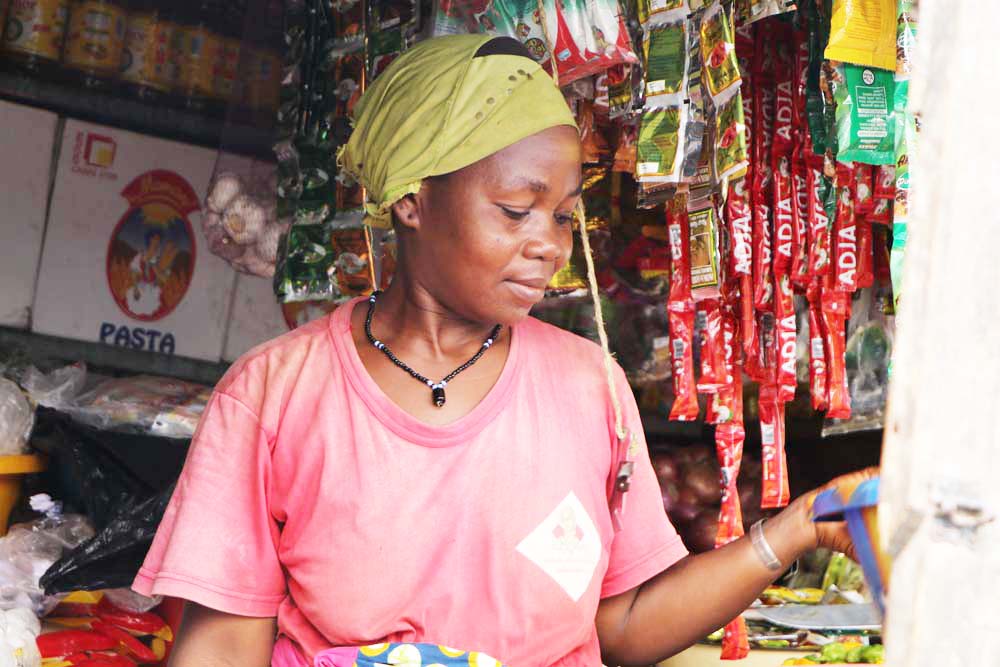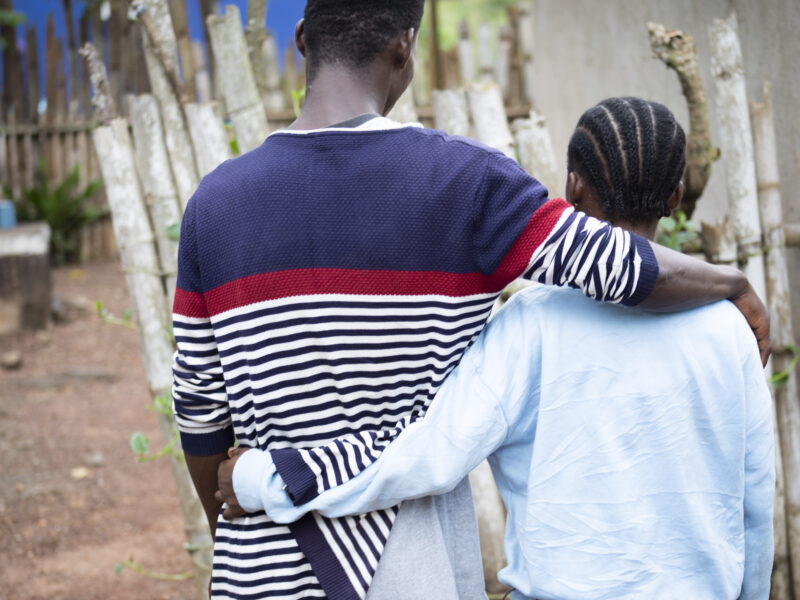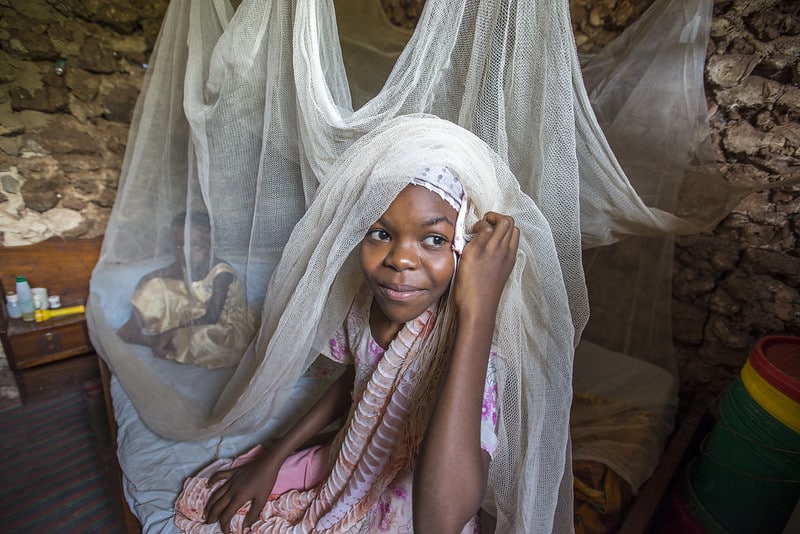A national HIV study in Cote d’Ivoire showed an alarming trend: Higher rates of HIV infection in women than in men, particularly over the age of 35.
In response, the Johns Hopkins Center for Communication Programs’ Breakthrough ACTION project – which already leads a successful program in the West African nation designed to prevent HIV in adolescents and young women (SuperGo) – has created a new program for women ages 30 to 49.
SuperTata (Tata is a respectful term used to address an adult woman) now provides a safe space where this older group of women at high risk for HIV can discuss reproductive health, how to sustain healthy relationships and how to negotiate with their partners to prevent HIV through condom use. It also encourages women to be tested for HIV, accompanies them to the clinic and provides strategies to get their partners tested while promoting the benefits of treatment to continue to stay healthy and prevent transmission.
“Finally, you thought of us,” one woman who was part of the SuperTata pilot program told CCP. “We used to see the activities in some localities near here with our girls and our little sisters. It was very interesting and rewarding, according to what we were told. We wondered if this would ever happen to us – their moms and big sisters – too.”
Said another woman who participated in the SuperTata pilot: “If we moms are not sufficiently informed about how to avoid HIV, how are we going to give good advice to our children?”
The Breakthrough ACTION project, funded by PEPFAR, the U.S. President’s Emergency Plan for AIDS Relief, conducted a human-centered design process to understand the needs and desires of women over 30. They learned that many women were interested in much of the subject matter covered in the SuperGo program, but had needs and other social and cultural considerations different from those of the adolescents and young women who participate in SuperGo.
“Women have been and continue to be vulnerable to HIV transmission so it’s important that we understand what their challenges are,” says CCP’s Mieko McKay, deputy chief of party in Cote d’Ivoire. “We created SuperTata to empower women of all ages with the skills to prevent HIV, assert themselves and live healthier and happier lives.
“These needs don’t stop when they are young. They need this kind of information all their lives.”
A key element of both SuperGo and SuperTata is couple’s communication to ensure women of all ages have the skills to communicate with their partners. Women cannot prevent HIV without engaging men. CCP leads an HIV prevention program for high risk men called Brothers for Life that is complimentary to SuperGo and SuperTata to ensure men are also informed and have the skills to protect themselves and their families from HIV infection.
The SuperTata program has trained 34 facilitators and enrolled 4,500 participants since it began in 2019. The goal is to reach 30,312 high-risk girls and women this year with HIV prevention messages through both SuperGo and SuperTata.




